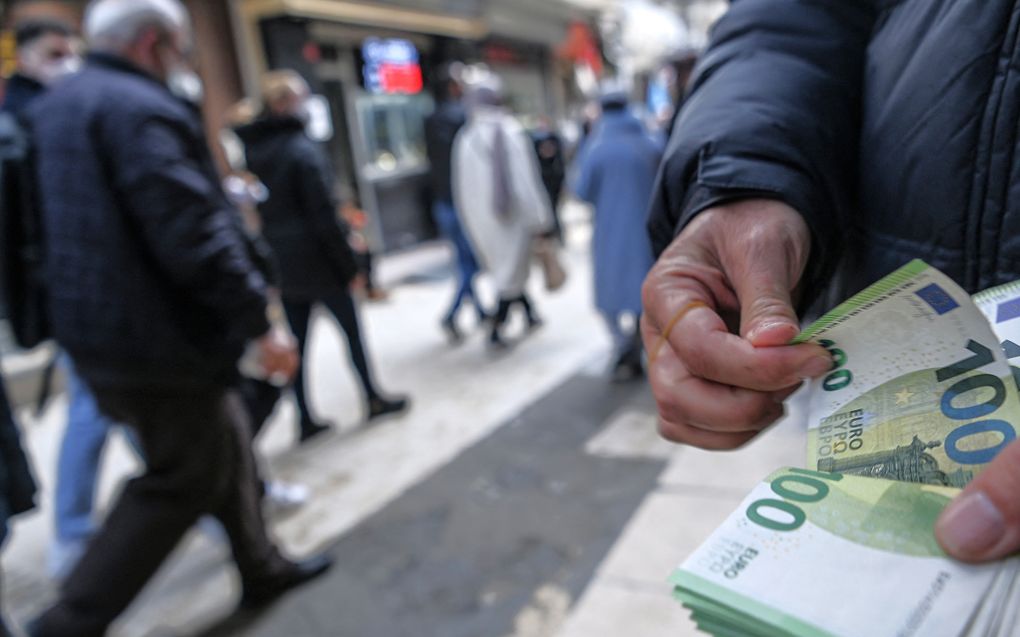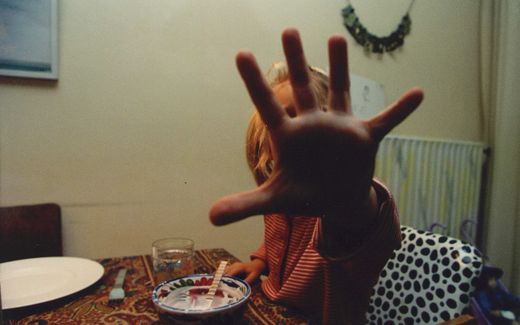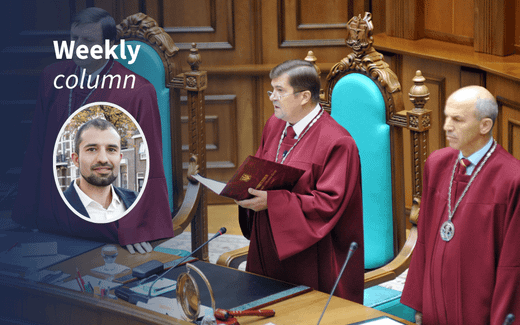It is persistent: Why corruption has not left Romania

Counting euro notes. Photo AFP, Ozan Kose
Eastern Europe
People died in the hospital because they could not bribe the doctor to get surgery. Growing up as a teenager in post-communist Romania, I heard many stories about corruption. Bribery scandals were ever-present.
Things have improved over the years. However, corruption is still a significant issue in my country. It may not be as familiar to hear and read about people being left to die in a hospital, but political, social, and economic corruption still occurs. Public institutions, understandably, are the most corrupt.
The most common corruption cases in Romanian public institutions reported in the news are bribery, embezzlement, extortion, nepotism, abuse of power, conflict of interest, fraud, money laundering, quid-pro-quo, etc.
Of course, no country in the world is free of corruption. However, it is fair to acknowledge that some countries deal with this issue better than others. Transparency International, which has compiled a list of 180 countries and ranked them by their corruption index, is a good statistic that puts things into perspective.
Scrolling down to place 63, tied with Armenia, is Romania, with a 46 out of 100 score. The top three countries on the list are Denmark (90), Finland (87), and New Zealand (87), and the last three are Somalia (12), Syria (13), and South Sudan (13). While Romania is better off than other countries, at least for me, it is a shame that things are not better.
Ambiguity
This matters to me for two reasons. First and foremost, Romania is a Christian country. In the last national survey, around 95 per cent of the population reported being Christians, with Evangelical and Reformed Christians making up less than 7 per cent.
I am mentioning this because Christianity and corruption are fundamentally opposite. Christianity stands for righteousness and, therefore, transparency, while corruption stands for ambiguity and injustice. That’s why they are entirely incompatible.
Secondly, Romania is a member of the European Union. The level of corruption in Romania compared to the top European countries is grim. Unsurprisingly, these EU members are among the most prosperous countries – not only on the European continent but throughout the world.
Although it may be hard to believe, there are many reasons for such a disparity between Romania and top European countries. From 1947 until 1990, Romania was under communist rule – this is the most obvious reason. The communist regime was characterised by corruption as its life and breath. Bribery became commonplace during that time, especially when it came to the bare necessities of life.
Thirty-five years later, the habit of bribing doctors, police officers and other public sector workers is still ever-present, like a ghost of our communist past.
Sermon
While this ongoing issue affects even Evangelical and Reformed churches, no data shows the levels of corruption Christians engage in. I can only say that giving bribes is common. Although I have encountered Christians willing to speak out against corruption, this is only sometimes the case.
In hindsight, I don’t recall hearing a sermon about corruption as a teenager, regardless of the Evangelical or Reformed church I attended. Although the pulpit is not the place for political and social reform, preaching against sin is.
Thus, preaching against sin in the form of bribes, conflict of interest, abuse of power, etc., is doing justice to the pulpit itself and the Word of God. There should be preachers inside the church who speak clearly and unequivocally against corruption because this type of behaviour contradicts the Spirit of the Gospel and the apostles’ teachings.
The authorities rightfully condemn and punish these deeds because they infringe on other people’s rights. Bribes are a form of corruption in which someone gets something that would have otherwise belonged to someone else, such as a prize, position, or scholarship. The underlying problem with corruption is that someone else’s rights are infringed upon.
Giving a gift for a job well done to someone is one thing; using one’s position of power to coerce someone into a gift is another. Nobody cares if a hospital patient gives a gift to a doctor. The question is: Was this just a gift or coercion? That’s the issue.
It is fascinating that, on the surface, Romanian authorities seem to be trying their best to stamp out corruption. Posters and advertisements that convey a message against corruption are present in all public institutions. This is bitterly ironic because, as previously mentioned, Romanian public institutions are the epicentre of corruption. European regulations are the sole reason they are putting up posters and advertisements.
Experience
As a teacher in the public school system, I can honestly say that I have not encountered corruption myself. However, I know about different corruption cases. The most common ones involve bribes for a principal or a teaching position. I think this is one of the issues that the Ministry of Education must deal with besides abuse of power, which is prevalent in the system and presents a huge issue.
Ultimately, Romania’s placement in 63rd out of 180 countries on the Transparency International list is a disgrace. Although 95 per cent of Romanians claim to be Christians, this does not prove anything, as Christianity in its purest form cannot coexist with corruption. While Romania has changed significantly since the 1990s, it is unfortunate that corruption still presents a considerable problem.
Related Articles












